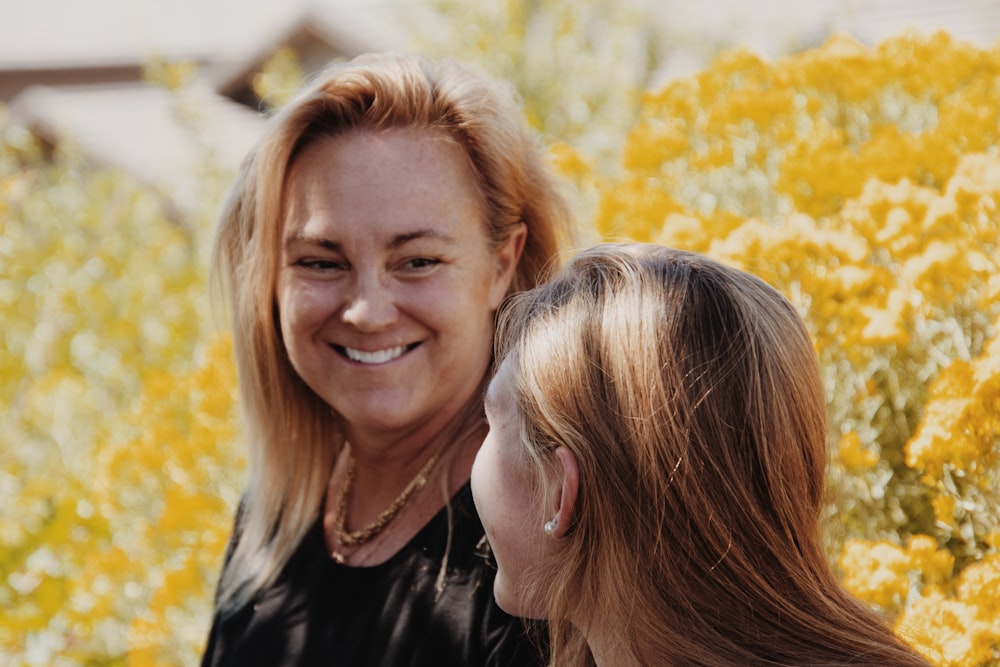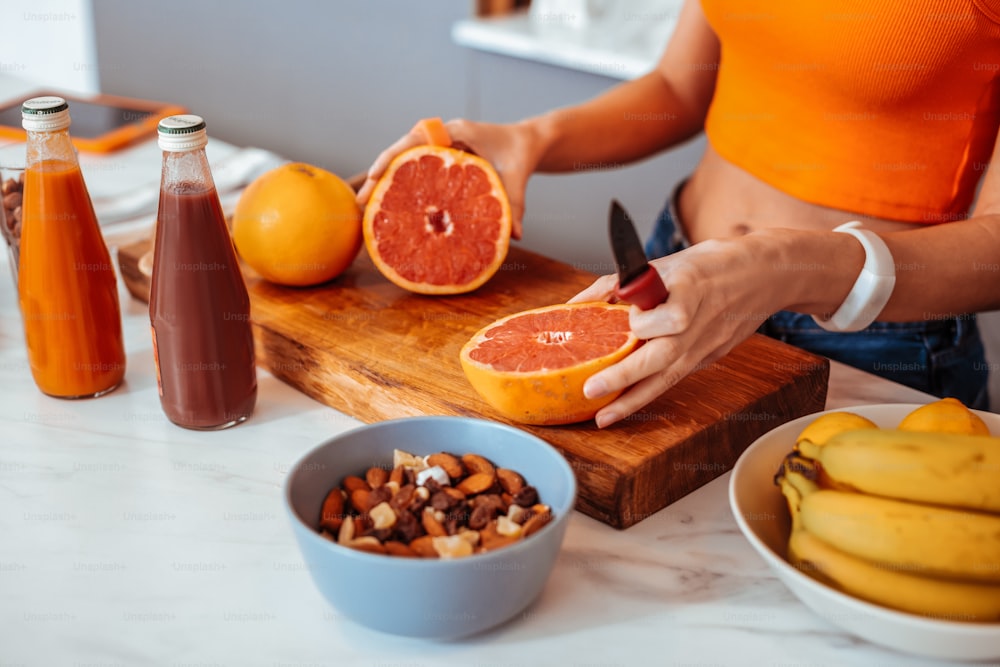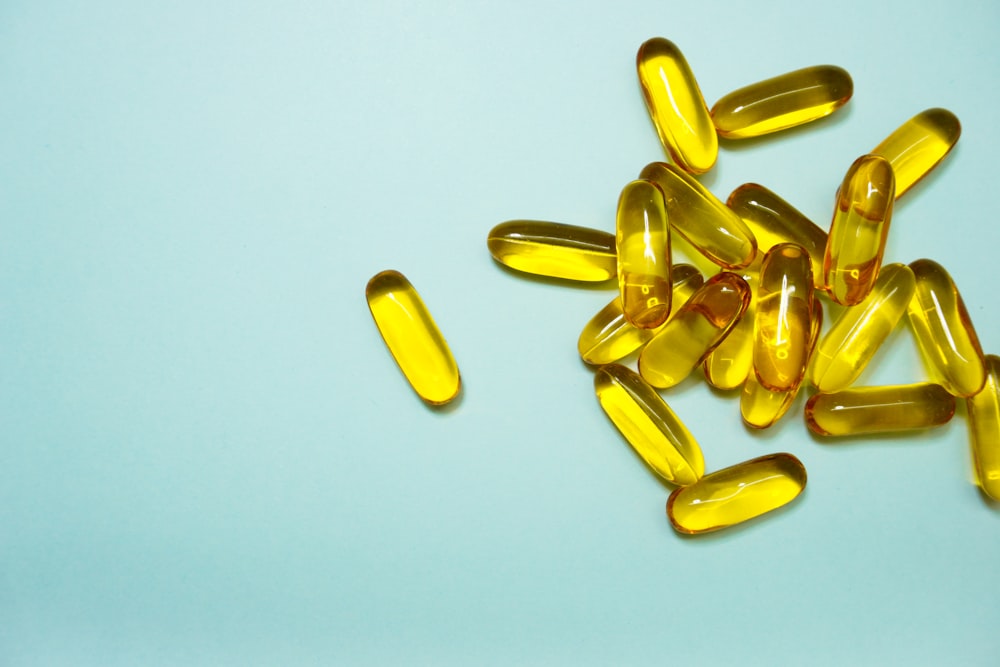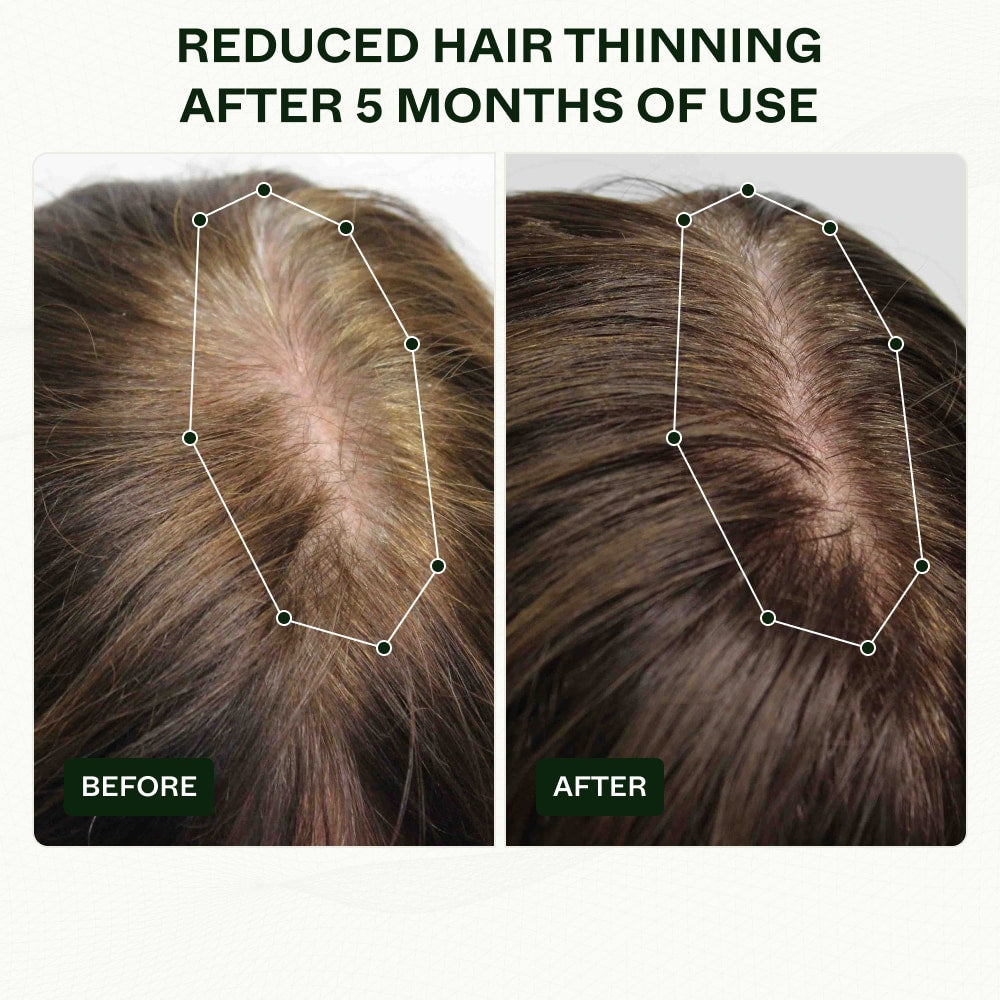Are you noticing more hair on your brush during perimenopause?
You're not alone. Many women experience hair loss during menopause, noticing thinning and loss during this transitional period.
Incorporating the right vitamins into your diet might just be the key to promoting healthy hair during menopause.
Let's explore the best vitamins for perimenopause hair loss and how they can help you maintain luscious locks.
Table of content
What is perimenopause hair loss?

Perimenopause hair loss occurs as women transition into menopause, typically marked by a decrease in estrogen levels and an increase in androgens. This hormonal shift can lead to androgenic alopecia, where hair thins or sheds more than usual.
As your leading source for hair health information over the past 4 years, we never compromise on accuracy. When it comes to your health, you deserve information you can truly rely on - and earning your trust is our top priority.
Here's how Scandinavian Biolabs ensures every piece of content meets the highest standards of accuracy and integrity:
- Credentialed Experts: Our reviewers are actively practicing doctors and medical researchers
- Stringent Reviews: Content undergoes rigorous editing by subject specialists and review by a practicing doctor.
- Evidence-Based: We rely on well-established research from trusted scientific sources like peer-reviewed journals and health authorities.
- Full Transparency: Our editorial standards, writer credentials, reviewer credentials, correction process, and funding are all publicly documented.
- Independent Voice: While we do promote products, we operate in a vacuum to business operations. Our main goal is just an unwavering commitment to providing medically-sound guidance.
You can count on Scandinavian Biolabs to consistently deliver the trustworthy health information you deserve. Read our Editorial Standards.
What does perimenopausal hair loss look like?
Perimenopausal hair loss doesn't exactly mirror male pattern baldness. Instead, it often shows up more subtly and differently across the scalp. Dr. Susan Loeb-Zeitlin from New York-Presbyterian and Weill Cornell Medicine outlines what to look out for:
- Thinning, not balding: Hair gradually becomes finer rather than bald patches forming.
- Scalp coverage: The thinning usually occurs across the scalp while maintaining the frontal hairline.
- Even spread: Unlike men’s, the thinning is less about receding and more about an overall decrease in volume.
It's about noticing these subtle changes and taking steps early to manage them.
What are the best vitamins for perimenopause hair loss?
Here are some of the best vitamins for perimenopause hair loss:
Vitamin D

Vitamin D isn't just good for your bones; it can also help wake up those dormant hair follicles. It plays a crucial role in maintaining hair density, which can be particularly beneficial during perimenopause when thinning hair becomes more apparent.
For many, getting enough sunlight—the natural source of Vitamin D—can be challenging, especially in winter months or for those living in less sunny locations.
Supplementing with Vitamin D or adding Vitamin D-rich foods like fatty fish, fortified dairy products, and egg yolks can help bridge this gap.
Beyond just helping with hair density, Vitamin D is thought to help create new follicles, small pores where new hair can grow.
This is particularly important as the hormonal changes of menopause can stifle hair growth, a common cause of hair loss during menopause.
Ensuring you have enough Vitamin D in your system can help mitigate these effects, maintaining healthier and fuller hair.
Biotin (Vitamin B7)
You've probably heard of biotin in the context of hair and nails. This vitamin is a powerhouse for strengthening hair and improving its quality.
For anyone experiencing hair thinning during menopause, adding biotin to your diet could significantly promote hair health.
Biotin aids in the production of keratin, a fundamental protein that makes up hair, skin, and nails, potentially reducing hair loss and improving hair's texture.
While biotin deficiencies are rare, many women find that increasing their intake through supplements or biotin-rich foods like liver, eggs, nuts, and whole grains can help improve the condition of their hair during perimenopause.
It’s an easy, practical step that can make a significant difference in how full and vibrant your hair looks.
Vitamin C

This antioxidant does more than fight colds—it's also vital for your hair. Vitamin C helps guard your hair follicles against damage and is essential for producing collagen, a protein that strengthens hair.
Since collagen's production naturally declines with age, ramping up your Vitamin C intake can help counteract this effect, maintaining the strength and elasticity of your hair during perimenopause.
Additionally, Vitamin C improves iron absorption, another critical nutrient for hair health.
By incorporating more Vitamin C-rich foods like citrus fruits, strawberries, and bell peppers into your diet, or by taking a supplement, you can enhance your hair’s natural defense system, keeping it strong and healthy.
Vitamin B12
Feeling a bit tired? Low energy can affect your hair, too. Vitamin B12 is essential for producing red blood cells, which carry oxygen to support hair growth.
This can be especially important during perimenopause, a time when hair loss can become more noticeable. Ensuring adequate levels of Vitamin B12 can help keep your hair follicles well-nourished and robust.
For those who are vegetarians or older adults, getting enough Vitamin B12 can be a challenge since it's mostly found in animal products.
Foods like fortified cereals, dairy products, and supplements can help fill this nutritional gap, ensuring that your hair doesn’t suffer due to dietary limitations.
Vitamin E
Known for its antioxidant properties, Vitamin E boosts scalp circulation and reduces oxidative stress, helping to enhance hair health.
It's like a spa treatment for your scalp, supporting healthy hair from the root. Applying Vitamin E oil directly to the scalp can also provide an additional boost by increasing blood supply to the hair follicles and reducing excessive breakage and split ends.
Moreover, Vitamin E’s antioxidant properties can help protect your skin and hair from environmental damage caused by UV rays and pollution.
Regular intake through foods like almonds, spinach, and avocados, or through supplements, can help you maintain healthy hair during menopause.
Iron
Although not a vitamin, iron is crucial for hair growth and repair. It helps red blood cells transport oxygen to your hair follicles. Especially during perimenopause, maintaining adequate iron levels can help keep your hair cycle in check.
Iron deficiency is a common issue for women and can significantly impact hair health, leading to increased shedding and slowed growth.
Incorporating iron-rich foods such as red meat, lentils, and spinach into your diet can help. If dietary intake isn’t enough, an iron supplement might be necessary, but always check with your healthcare provider first, as too much iron can be harmful.
Omega-3 Fatty Acids

Found in fish oil and flaxseed oil, omega-3s are essential for nourishing the hair. They can help improve hair density and give your hair a healthy, vibrant look.
Omega-3 fatty acids are known for their anti-inflammatory properties, which can be beneficial for maintaining scalp health and preventing scalp issues that can lead to hair loss.
Regular consumption of omega-3-rich foods like salmon, walnuts, and flaxseeds, or taking a supplement, can help ensure your hair remains lush and healthy.
This is especially beneficial during menopause, as hormonal changes often cause menopausal hair loss, making your hair more prone to thinning.
Zinc
Zinc is critical for hair tissue growth and repair. It also helps keep the oil glands around the follicles working properly, which is essential for maintaining a healthy hair growth environment.
Zinc plays a crucial role in protein synthesis and cell division, which are vital for hair growth. This mineral can be especially important during perimenopause, as it helps to counteract the effects of hormonal imbalances that can lead to hair thinning.
Incorporating zinc into your diet through foods like oysters, beef, pumpkin seeds, and chickpeas can help maintain these essential processes.
A supplement might be worth considering for those who may find it challenging to get enough zinc from their diet alone.
Just like with iron, it's a good idea to consult with a healthcare provider before starting any new supplement regimen to ensure it's suitable for your specific health needs.
Vitamin A
Vitamin A is necessary for the maintenance and function of skin cells, including those that produce the sebum which keeps the scalp conditioned and healthy.
This vitamin helps in the production of healthy hair and ensures that the scalp remains moisturized, reducing the risk of dry, brittle hair that can lead to hair loss.
However, it's important to approach Vitamin A supplementation with care, as too much can actually contribute to hair loss.
The best way to get Vitamin A is through diet, focusing on foods rich in beta-carotene, which the body can convert into Vitamin A as needed.
Carrots, sweet potatoes, spinach, and kale are excellent sources. If you're considering a supplement, discussing this with your healthcare provider is crucial to avoid exceeding the recommended intake and experiencing adverse effects.
A better approach for your overall hair health

If you're navigating the challenges of perimenopause hair loss, it might be time to consider a targeted treatment like Bio-Pilixin® Serum.
Developed by experts using advanced stem cell technology, this serum is designed to nurture hair follicles and promote growth by stimulating blood flow and providing essential nutrients to the scalp.
The effectiveness of Bio-Pilixin® Serum isn't just a claim; it's backed by solid research. In a clinical study involving 40 participants of various ages and hair loss types, 77% reported a reduction in hair loss in just 45 days.
By the 150-day mark, 93% saw a clinically significant reduction in hair loss, and 73% observed a measurable increase in hair density.
What's more, many users report seeing less hair fall during showers within just a few weeks of starting treatment.
This serum is drug-free, safe for daily use, and has satisfied 93% of its users in clinical trials, making it a reliable choice for those looking for a non-invasive solution to hair thinning.
Plus, Bio-Pilixin® Serum comes with a 150-day money-back guarantee, giving you ample time to see the results for yourself without any risk.
Whether you're just starting to notice thinning or are already managing significant hair loss, this serum could be the supportive step your hair care routine needs.
How do I stop hair loss during perimenopause?
To combat hair loss during perimenopause, focus on a balanced diet rich in whole grains, fruits, and vegetables. Incorporate mono-saturated oils like olive oil and sesame oil into your meals. Additionally, drinking green tea and supplementing with vitamin B6 and folic acid can support hair regrowth.
These dietary changes can help nourish your hair from the inside out, promoting healthier growth.
Is perimenopausal hair loss permanent?
Perimenopausal hair loss is usually not permanent. Making simple lifestyle adjustments and modifying your hair care routine can help mitigate hair thinning. Gentle handling of your hair, avoiding harsh treatments, and exploring various treatments can contribute to preserving your hair's health and potentially reversing hair loss.
Conclusion
Navigating perimenopause hair loss can be challenging, but with the right nutrients and care, it's manageable.
Incorporating essential vitamins and minerals like Vitamin D, Biotin, and Omega-3s into your diet can significantly improve hair health.
Remember, gentle hair care and balanced nutrition are your best allies in maintaining vibrant, healthy hair during this transitional phase.
With these strategies, you can look forward to revitalizing menopausal hair and enhancing its natural beauty and strength.
References:
- https://pubmed.ncbi.nlm.nih.gov/35357365/
- https://www.ncbi.nlm.nih.gov/pmc/articles/PMC10669803/
- https://jddonline.com/thinning-hair-through-menopause-results-of-a-first-of-its-kind-randomized-controlled-trial-on-nutraceuticals-2/
Read more:






